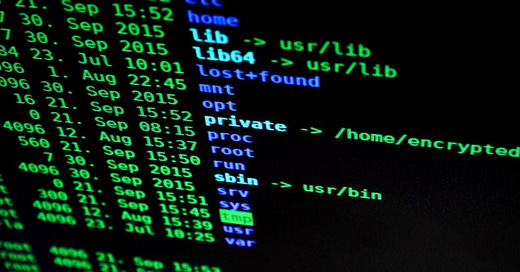Posthumous Privacy: What Happens to Your Data When You Die?
Should anyone be allowed to use your data after you pass?
What happens to your data when you die?
That’s a question that has recently been resurrected after the release of the documentary ‘Roadrunner’ based on the late Anthony Bourdain’s life.
In the documentary, the voice of Anthony Bourdain was engineered by artificial intelligence, and in one of the scenes, “he” can be heard reading out an email, which, when alive, Anthony did not record.
Although the director, Morgan Neville, claimed that he had ‘checked’ with Bourdain’s widow for permission to use the AI recording (something she has since denied), the question remains, when does data become obsolete?
That is not the only instance where someone has been “brought back from the dead.” In 2020, Kanye West created an AI-generated message for his wife Kim Kardashian, which was a holographic representation of her late father.
While this was done in good faith, it makes us wonder what else can be possible.
Can someone use a late person's data in a malicious way through AI and Deepfake technology? And if so, how can we protect our data before we cross over to the “other side?”
Existing Laws
As of today, there are no laws protecting you from being digitally resurrected. And in countries such as the UK, US and other western jurisdictions, privacy lapses after one dies.
On social media, some platforms such as Facebook process “special requests” and remove profiles of deceased users at the request of “verified immediate family members”. The families would have to provide proof of death (e.g. death certificates), the deceased’s birth certificate, and verification of their relationship to the deceased.
Some argue that the courts should extend existing tort laws to a deceased person’s digital assets to recognize that a person’s right to privacy survives death.
This recognition is justified because most laws already recognize the survival of a person’s dignity and interests past death and because digital assets can convey much more information about a person than “real property”.
How to Preserve Your Dignity
We never know when the final curtain will fall. So, it only makes sense to take precautions before it happens, should posthumous privacy be something you care about.
Having a will that outlines how your data should be treated after you die is one approach. This will implore the executioner of your will and your family to make the right decision on your behalf.
Another way is to have this quite uncomfortable but necessary conversation with those you are closest to. It would help your loved ones to preserve or delete your data as you would like.
Lastly, you could enlist the help of professional services that focus on posthumous privacy.
As the world grapples with the possibility of posthumous privacy and tries to look into which laws can prevent occurrences, such as that faced by Anthony Bourdain and his family, the only way would be to make sure that we make these decisions for ourselves while we are still alive.
Peace, love & anarchy,
Alex






